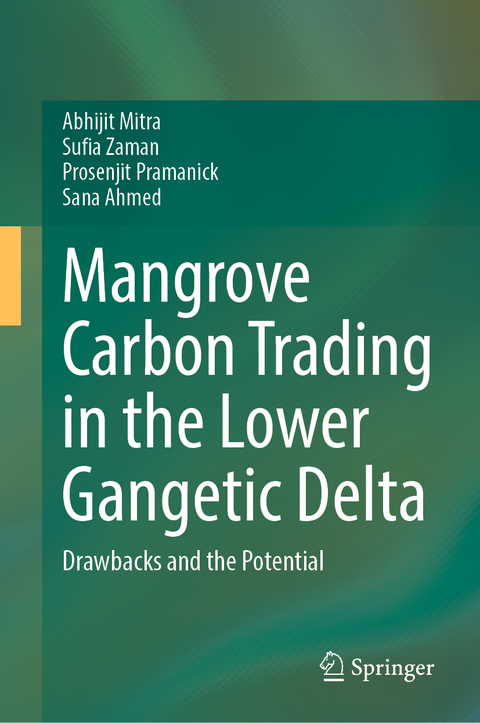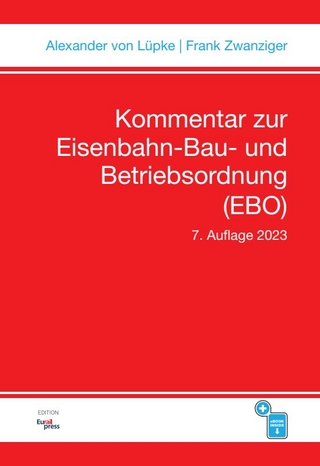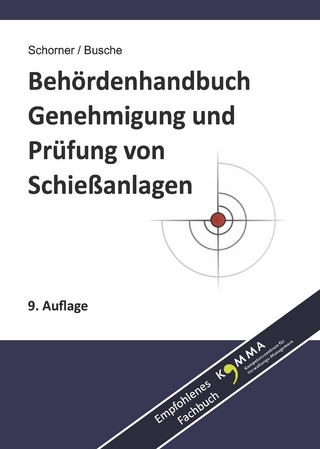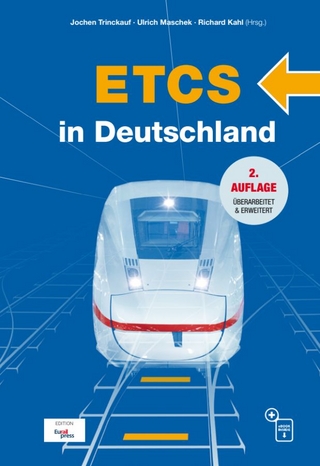
Mangrove Carbon Trading in the Lower Gangetic Delta
Springer International Publishing (Verlag)
978-3-031-76315-1 (ISBN)
True mangrove flora and their associates in the lower Gangetic region are noted for their wide spectrum of ecosystem services in which carbon storage and sequestration by the forest is one of the most important components. Many researchers are updating the carbon repository of the lower Gangetic delta mangroves with the aim to ascertain their role to reduce the carbon dioxide level of the near surface atmosphere. However, due to difficulty in assessment, marketing, and lack of clarity over ownership of natural resources, the mangrove-based carbon trading system has not yet crystallized.There is an estimated 13.76 Mha of mangrove forests world-wide, approximately 20% (2.6 Mha) of which is potentially investible for carbon finance projects, based on the probability of imminent threat. The magnitude and the variability of threats to which the mangroves of the lower Gangetic delta are exposed to have made the trading process more complicated. In addition, gaps also exist between the national government policy and the trading of the blue carbon projects, which has kept the future of such projects remain on hold. The authors put forward the views that the creation of more financial facilities for restoration and expansion of blue carbon (preferably mangroves) with the involvement of the local communities can provide the initial capital involved in developing mangrove-based carbon projects. This includes the costs of conducting feasibility studies, implementing capacity-building programs, monitoring the health of the mangrove plantation/restoration on regular basis, and creating mangrove-based alternative livelihood programs that will support island dwellers of the region in order to accelerate the magnitude of mangrove-based carbon projects leading to growth of the mangrove trading market.
Dr. Abhijit Mitra Associate Professor and former Head, Dept. of Marine Science, University of Calcutta (INDIA) has been active in the sphere of Oceanography since 1985. He obtained his Ph.D. as NET qualified scholar in 1994 after securing Gold Medal in M.Sc. from University of Calcutta. Since then, he joined Calcutta Port Trust and WWF (World Wide Fund for Nature-India), in various capacities to carry out research programmes on environmental science, biodiversity conservation, climate change and carbon sequestration. Presently Dr. Mitra is serving as the Director, Research of Techno India University, West Bengal (Hony.). He has to his credit about 715 scientific publications in various national and international journals, and 62 books of postgraduate standards. Dr. Mitra is presently the member of several committees like PACON International, IUCN, SIOS, Mangrove Society of India, The West Bengal National University of Juridical Sciences etc. and has successfully completed about 17 projects and 19 consultancies on biodiversity loss in fishery sector, coastal pollution, aquaculture, alternative livelihood, climate change and carbon sequestration. Dr. Mitra also visited as faculty member and invited speaker in several Universities of Singapore, Kenya, Oman, and USA. In 2008, Dr. Mitra was invited as visiting fellow at University of Massachusetts at Dartmouth, USA to deliver a series of lecture on Climate Change. Dr. Mitra also successfully guided 56 Ph.D. students. Presently his research areas include environmental science, mangrove ecology, sustainable aquaculture, alternative livelihood, climate science, carbon sequestration and blue economy.
Dr. Sufia Zaman presently serving as Head, Department of Oceanography in Techno India University, West Bengal started her career in the field of Marine Science since 2001. She worked in the rigorous mangrove ecosystem of Indian Sundarbans and has wide range of experience in exploring the floral and faunal diversities of Sundarbans. She has published 7 books on carbon sequestration, 350 scientific papers and contributed chapters in several books on biodiversity, environmental science, aquaculture, and coastal livelihood development. Dr. Zaman is presently a member of Fisheries Society of India. She is also running projects on carbon sequestration by mangroves of Indian Sundarbans. She is the recipient of DST Women Scientist and Jawaharlal Memorial Doctoral fellowship awards. Her areas of research include aquaculture, fish nutrition, phytoplankton diversity, climate change mangrove ecology and alternative livelihood. Dr. Zaman is also the first researcher in the maritime state of West Bengal (India), who initiated trial experiments on iron fertilization and subsequent enhancement of primary (phytoplankton) and secondary (fish) productions in the brackish water ponds of Indian Sundarbans with the financial assistance of Department of Science and Technology, Government of India. Dr. Zaman is also providing consultancies on green technology and emission control to several industries, NGOs, and corporate sectors.
Dr. Prosenjit Pramanick is presently holding the position of Assistant Professor, Department of Oceanography, Techno India University, West Bengal. He had passed Bachelor of Science in Biochemistry in 2010 from University of Calcutta, West Bengal, and Master of Science in Biochemistry (in 2012) from Vidyasagar University, West Bengal and then obtained his Ph.D. degree in 2017 from Techno India University, West Bengal. He has to his credit about 121 scientific publications, 25 book chapters published by Springer International, Emerald Group, CSIR-NISCAIR, 3 Books, and 17 publications in conference proceedings in the sphere of Food technology, Aquaculture, Agribiotechnology, Alternative livelihood and Environ
Mangroves of the Lower Gangetic Delta.- Carbon Storage and Sequestration by the Mangroves of the Lower Gangetic Delta.-
Feasibility of Mangrove Carbon Credit.- Carbon Credit: Concept and Structure in Context to Mangroves of Lower Gangetic Delta.-
Challenges to Mangrove Forestry Related Projects and Possible Solutions.
| Erscheinungsdatum | 17.12.2024 |
|---|---|
| Zusatzinfo | XIII, 282 p. 253 illus., 246 illus. in color. |
| Verlagsort | Cham |
| Sprache | englisch |
| Maße | 155 x 235 mm |
| Themenwelt | Naturwissenschaften ► Geowissenschaften |
| Schlagworte | Blue carbon ecosystems encompassing mangroves • Indian Sundarban mangrove ecosystem • lower Gangetic delta in the carbon trading system • Mangrove carbon credit • Mangrove carbon trading • Mangrove Forests • Mangrove sediment base is a potential storehouse of carbon |
| ISBN-10 | 3-031-76315-7 / 3031763157 |
| ISBN-13 | 978-3-031-76315-1 / 9783031763151 |
| Zustand | Neuware |
| Informationen gemäß Produktsicherheitsverordnung (GPSR) | |
| Haben Sie eine Frage zum Produkt? |
aus dem Bereich


